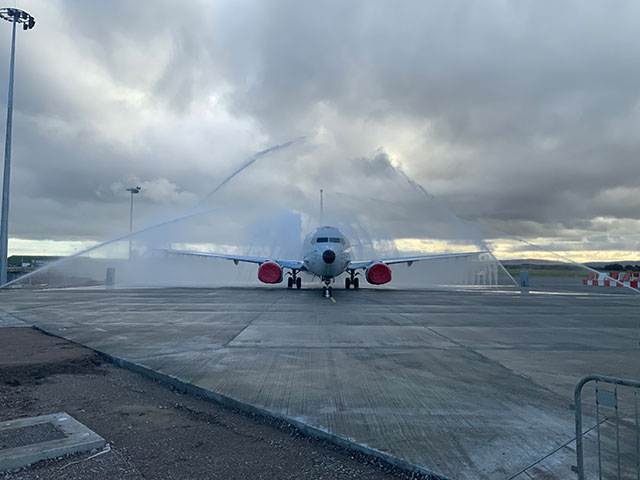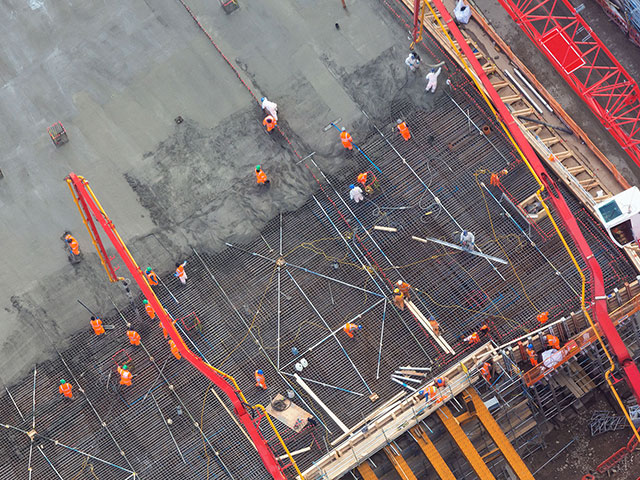
Every infrastructure project presents unique management challenges, but how do you untangle the management of a very large and complex programme covering multitudes of infrastructure projects?
Tetra Tech’s UK experts understand this challenge, considering the many large-scale defence programmes they have taken on – from relocating UK service families to new accommodations at Salisbury Plain, to helping the Royal Air Force mitigate strategic defence gaps at its Lossiemouth base, and even managing the decommissioning of Camp Bastion in Afghanistan.
Neil Malcolm – regional lead for Tetra Tech’s project management services in Scotland – is a former RAF engineering officer with over a decade’s experience supporting the defence sector.
What are the biggest challenges of managing large infrastructure delivery programmes?
Most significantly, it’s the unpredictability of large programmes and their sheer size that creates risk. Inevitably, circumstances can and will change, as they have on Tetra Tech’s projects with U.S and UK defence clients. That can significantly affect virtually all project elements.
There’s an incredible amount of information management and stakeholder engagement to consider. The larger the programme, the more stakeholders you have, each with very different needs and drivers that must be distilled into a single set of agreed programme objectives.
Geographic location and programme duration are notable challenges too, as is the uncertainty often resulting from the interdependency of projects on a large programme. And sometimes that can be compounded by things like the funding approvals process used, which has actually been the source of our greatest challenges at RAF’s Lossiemouth Development Programme (LDP).
How do you begin to manage a complex programme?
As programme managers, we have to de-scope large schemes, reducing the size of work to look like several smaller projects instead of a big one; we call this depressurisation. Those smaller projects must then seamlessly fit together as a functional and cohesive whole.
If we’re designing a strategic facility at LDP to house new P-8 Poseidon aircraft, it can’t just be a hangar existing in isolation. It needs technical accommodations, provisions for engineering and maintenance, support for training, while intuitively linking to runways and taxiways.
To do this right, you have to handpick a high-performing team with the right expertise and the ability to quickly adapt to and accommodate unknown variables. COVID-19 is an obvious example of an unknown variable considering how it forced remote working on projects like the Salisbury Plain Service Family Accommodation scheme, or the LDP where we specifically appointed a locally based and diversely experienced team of professionals.
Because programme management is so very personality-driven, though, people skills matter just as much as the technical knowledge. When stakes are high and the unforeseen inevitably happens, conflicts will arise because everyone solves problems differently. Our job is to educate our client while treating them the way we want to be treated, always adhering to collaborative working principles of international standards like ISO 44001.
What does Tetra Tech bring to the table in managing large infrastructure programmes?
Our team predominantly consists of ex-military, so they understand the client and end users, and the mentality of the Defence Infrastructure Organisation. We benefit greatly from the skills they bring from their military careers, as do our projects.
Above all, one of our biggest strengths is how we integrate within other teams. On programmes like LDP, Camp Bastion, or Army Basing, we have deployed experts to effectively live and work with client stakeholders onsite. Our people’s technical expertise is complemented by their tenacity and agility in adapting to remote working practices, undeterred by challenges that may arise.

